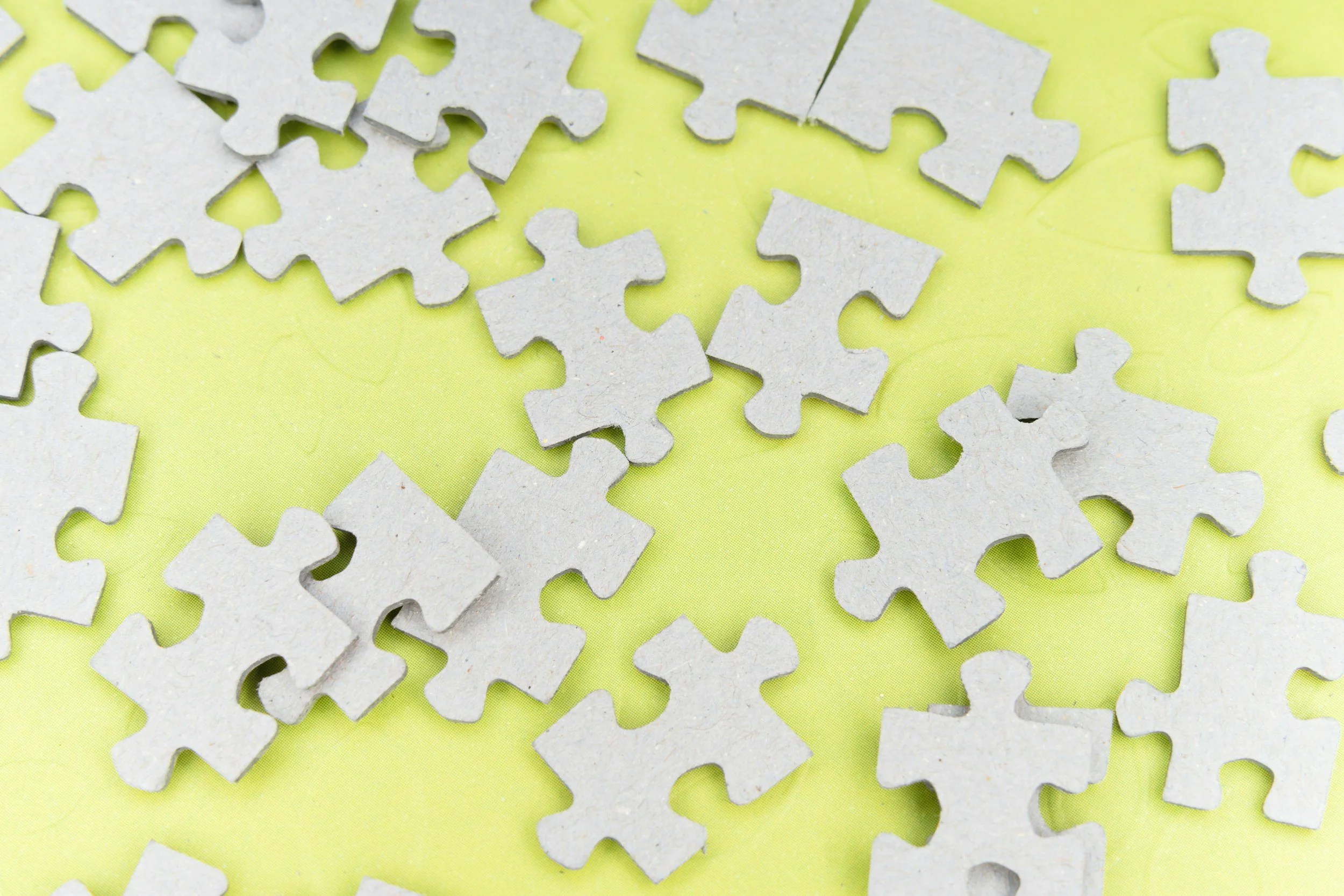Many of us have family members who struggled through The Great Depression. Families had to cut back on expenses, save everything, and live in a period of great scarcity. Despite this event happening two generations ago, the habits and responses we still have from that trauma continue to be passed down. Though many of us have not faced the same kind of economic crisis as The Great Depression, we live in its shadow because of inherited family trauma.
Inherited family trauma is when a child is indirectly exposed to the trauma of a parent, who was likely exposed to the trauma of their parent, which leads to a dangerous cycle. The parent could end up placing the child in the same situation without meaning to. If you do not confront your trauma, you will not be able to help your child going through the same thing. You will be helpless as a family instead of a united force.
Here are ways that you all can heal from inherited family trauma.












